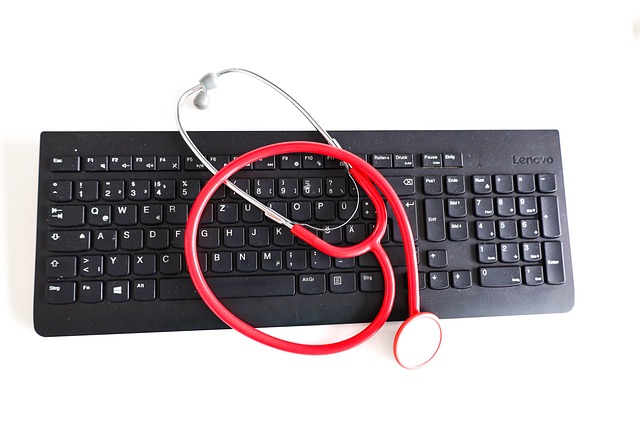Medical Admin Degrees: Unlocking Opportunities in Healthcare Management
Medical administration is a crucial field that bridges healthcare and business management. As the healthcare industry continues to evolve, the demand for skilled professionals who can navigate its complexities has never been higher. Medical admin degrees equip students with the knowledge and skills necessary to manage healthcare facilities, handle medical records, and ensure smooth operations in various healthcare settings.

What Career Opportunities Does a Medical Admin Degree Offer?
Graduates with medical admin degrees can pursue various career paths in the healthcare industry. Some common roles include:
-
Hospital Administrator
-
Medical Office Manager
-
Health Information Manager
-
Healthcare Consultant
-
Clinical Director
These positions often involve overseeing day-to-day operations, managing staff, implementing policies, and ensuring compliance with healthcare regulations. With the growing complexity of healthcare systems, professionals with medical admin degrees are increasingly valued for their ability to optimize processes and improve overall healthcare delivery.
How Does Technology Impact Medical Administration?
Technology plays a pivotal role in modern healthcare administration. Medical admin degree programs often include courses on healthcare informatics, electronic health records (EHR) systems, and data analytics. Proficiency in these areas is essential for:
-
Efficient data entry and management of medical records
-
Implementation of telemedicine and remote healthcare services
-
Analysis of healthcare data to improve patient outcomes and operational efficiency
-
Ensuring compliance with data privacy regulations like HIPAA
As healthcare becomes increasingly digitized, professionals with strong computer skills and an understanding of healthcare technology are in high demand.
Can Medical Admin Roles Be Performed Remotely?
The COVID-19 pandemic has accelerated the trend towards remote work in many industries, including healthcare administration. While some roles still require an on-site presence, many administrative tasks can now be performed remotely. This shift has created new opportunities for medical admin professionals, including:
-
Remote medical coding and billing
-
Telehealth coordination
-
Virtual healthcare project management
-
Remote health information management
These remote opportunities allow for greater flexibility and can be particularly appealing to those seeking work-life balance or living in areas with limited local healthcare job markets.
What Skills Are Essential for Success in Medical Administration?
Success in medical administration requires a combination of hard and soft skills. Some key competencies include:
-
Strong organizational and time management skills
-
Excellent communication abilities
-
Proficiency in healthcare-specific software and data entry
-
Understanding of medical terminology and coding
-
Knowledge of healthcare laws and regulations
-
Leadership and problem-solving skills
Medical admin degree programs are designed to develop these skills through a combination of coursework, internships, and practical experiences.
What Are the Education Requirements for Medical Admin Careers?
| Degree Level | Duration | Typical Roles |
|---|---|---|
| Associate’s | 2 years | Medical Office Assistant, Medical Records Technician |
| Bachelor’s | 4 years | Healthcare Manager, Health Information Manager |
| Master’s | 2-3 years | Hospital Administrator, Healthcare Executive |
Prices, rates, or cost estimates mentioned in this article are based on the latest available information but may change over time. Independent research is advised before making financial decisions.
The level of education required for medical admin careers can vary depending on the specific role and employer. Many entry-level positions are accessible with an associate’s degree, while management and executive roles often require a bachelor’s or master’s degree. Some healthcare organizations may also value relevant work experience alongside formal education.
In conclusion, medical admin degrees offer a pathway to rewarding careers in the ever-growing healthcare industry. With the increasing complexity of healthcare systems and the rapid adoption of technology, professionals with expertise in medical administration are well-positioned to make significant contributions to improving healthcare delivery and patient outcomes.






